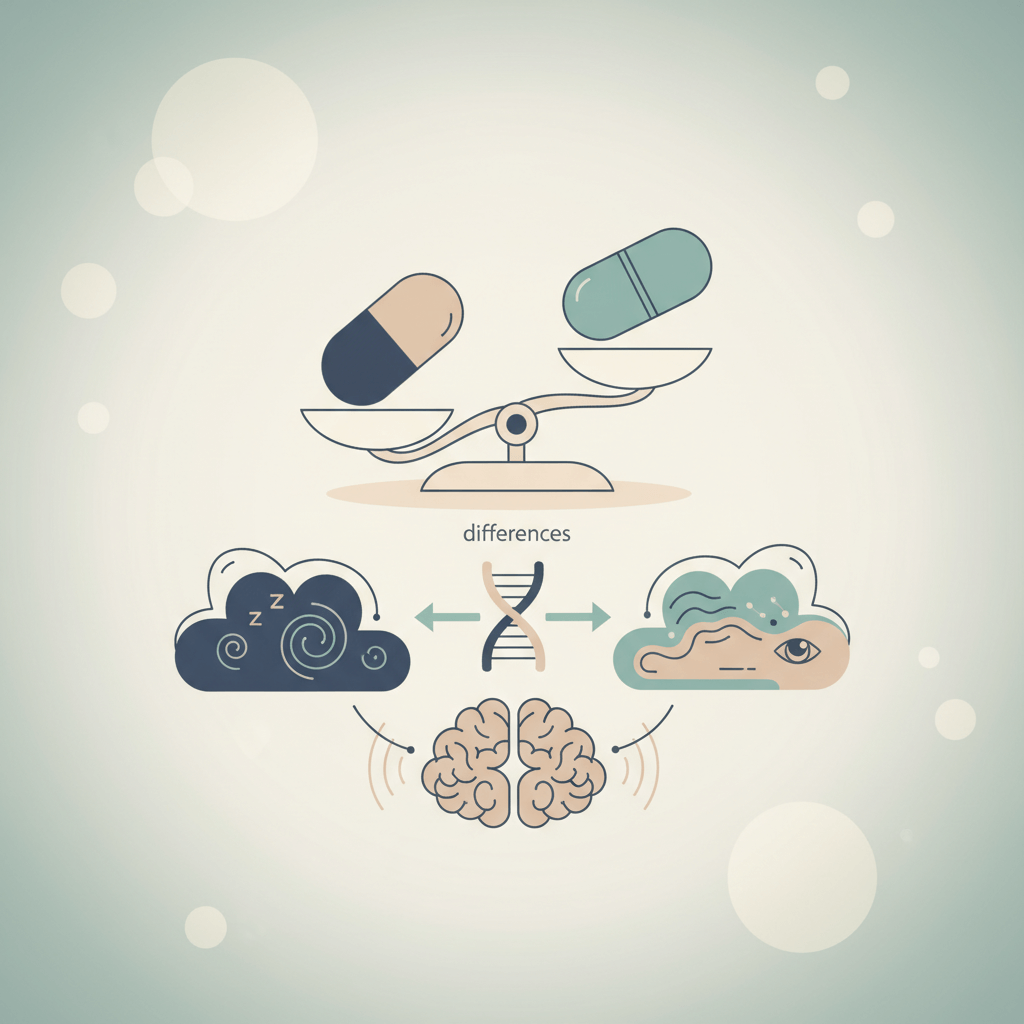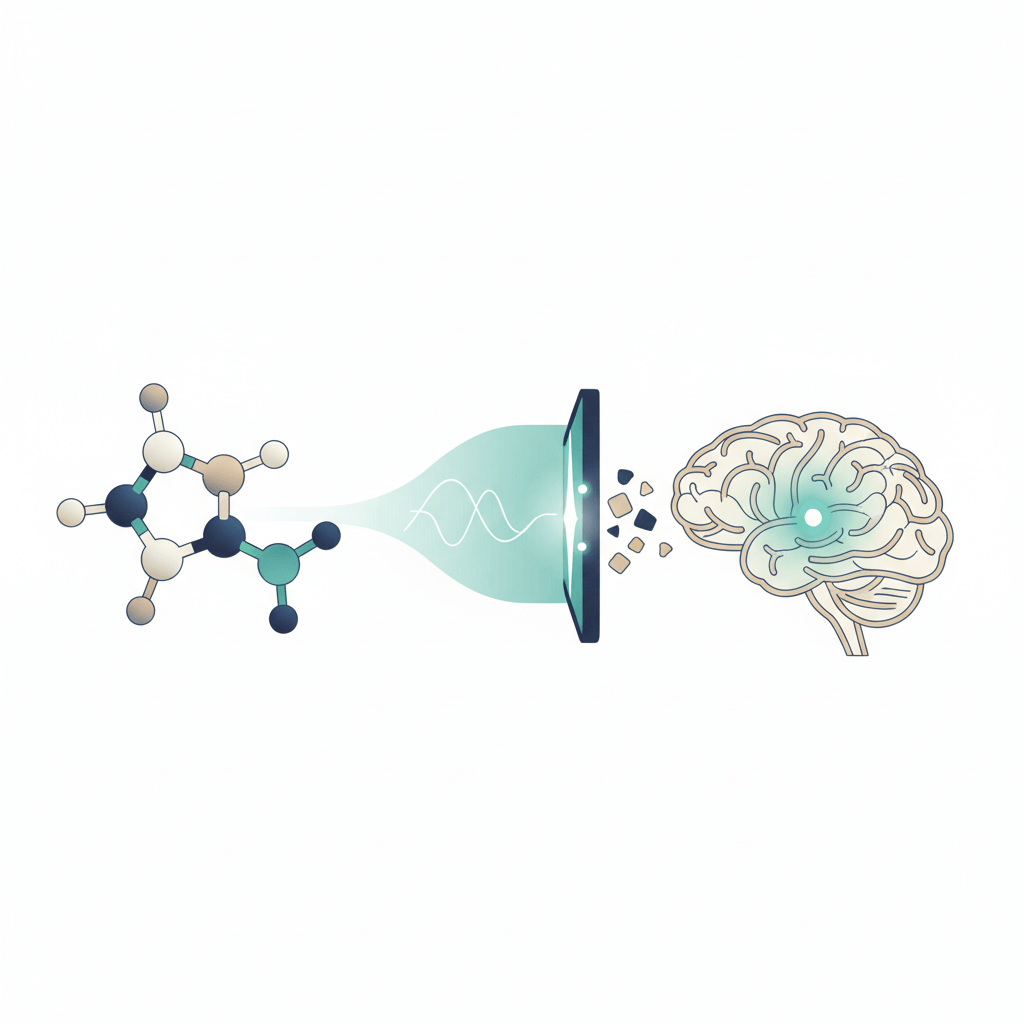
Understanding Stress in Recovery
Recovery from addiction is a transformative journey that requires individuals to navigate various challenges, including managing stress effectively. Stress can have a significant impact on the recovery process, both physically and psychologically. In this section, we will explore the impact of stress on addiction recovery and the effects of chronic stress.
Impact of Stress on Addiction Recovery
Stress can be a triggering factor for individuals recovering from drug or alcohol addiction, potentially leading to relapse. When faced with stressful situations, stress hormones are released, which can cause feelings of depression, anxiety, and irritability. People with substance use disorders often have higher levels of stress hormones in their brains compared to those without addictions.
The presence of stress during addiction recovery can evoke negative emotions and disrupt the progress made. It may lead individuals to seek solace in substances as a coping mechanism, hindering their recovery journey. Recognizing the impact of stress on addiction recovery is crucial for developing effective strategies to manage stress and maintain sobriety.
Chronic Stress and Its Effects
Chronic stress can result from prolonged exposure to stressful situations, keeping individuals in a constant fight-or-flight response. This sustained stress response can have detrimental effects on both the body and mind, making it essential to manage stress effectively during addiction recovery.
Physically, chronic stress can manifest in various symptoms such as headaches, muscle tension, fatigue, and sleep disturbances. These symptoms can negatively impact an individual's overall well-being and hinder the recovery process. Moreover, chronic stress can exacerbate existing health conditions, including heart disease, diabetes, gastrointestinal problems, and weaken the immune system, making individuals in recovery more vulnerable to health complications.
Psychologically, chronic stress can impair cognitive function, affecting an individual's ability to focus, make decisions, and solve problems effectively. This can hinder progress in recovery and make it challenging for individuals to engage fully in their treatment plan. Additionally, chronic stress can lead to feelings of fatigue, frustration, and decreased motivation, potentially impacting adherence to the prescribed recovery exercises and treatment plan.
Understanding the impact of chronic stress on the body and mind during addiction recovery emphasizes the importance of effectively managing stress as part of the overall recovery process. By implementing strategies to reduce stress and promote overall well-being, individuals in recovery can enhance their chances of long-term success and maintain a healthy, balanced lifestyle.
Managing Stress Through Lifestyle Changes
Managing stress is essential in addiction recovery. By implementing certain lifestyle changes, individuals can effectively reduce stress levels and promote their overall well-being. Three key lifestyle changes that can help manage stress in recovery are exercise, prioritizing sleep, and practicing gratitude.
Importance of Exercise
Engaging in regular exercise is a powerful tool for stress management in addiction recovery. Exercise triggers the release of endorphins, which are natural chemicals in the brain that act as mood boosters and pain relievers. By participating in activities such as playing sports, walking, running, dancing, practicing yoga, swimming, or taking a spin class, individuals can experience the benefits of endorphins, leading to improved mood, increased energy levels, and enhanced overall well-being.
To incorporate exercise into your daily routine, find activities that you enjoy and that align with your interests and physical abilities. Consistency is key, so try to establish a regular exercise schedule. Remember, exercise doesn't have to be intense or time-consuming. Even short bursts of physical activity can have a positive impact on stress levels.
Prioritizing Sleep
Getting enough sleep is crucial for managing stress in recovery. Sleep plays a vital role in lowering stress hormones, repairing and restoring the body, and maintaining energy levels. When individuals establish a consistent sleep schedule, they are more likely to feel rested, think clearly, and experience an overall sense of well-being [1].
To prioritize sleep, consider creating a bedtime routine that promotes relaxation. This may involve avoiding stimulating activities before bed, creating a comfortable sleep environment, and practicing relaxation techniques, such as deep breathing or meditation. It's also important to establish a consistent sleep schedule by going to bed and waking up at the same time each day, even on weekends.
Practicing Gratitude
Practicing gratitude on a daily basis is a powerful tool for managing stress in addiction recovery. Focusing on the things or people you are grateful for can shift your perspective and lead to positive changes in both the body and mind. It can help reduce stress, increase happiness, and improve overall well-being.
Consider incorporating a gratitude practice into your daily routine. This can be as simple as writing down three things you are grateful for each day or taking a few moments to reflect on what you appreciate in your life. By consistently practicing gratitude, you can cultivate a positive mindset and build resilience in the face of stress.
By implementing these lifestyle changes, individuals in addiction recovery can better manage stress and support their overall well-being. In addition to exercise, sleep, and gratitude, it's also important to consider other factors such as maintaining a nutritious diet and practicing self-care. By taking a holistic approach to stress management, individuals can enhance their recovery journey and promote long-term well-being.

Coping Strategies for Stress in Recovery
Managing stress is a crucial aspect of the recovery journey. By implementing effective coping strategies, individuals can navigate the challenges of stress and maintain their progress. Here are three key strategies for managing stress in recovery: identifying triggers, focusing on controllable factors, and practicing self-care.
Identifying Triggers
Identifying triggers is an essential step in proactively managing stress in recovery. Triggers can be situations, events, or even internal thoughts and emotions that evoke stress or negative emotions. Common triggers include painful memories, someone yelling, a breakup, or anniversaries of trauma or loss [4].
By recognizing these triggers, individuals can develop strategies to manage them effectively and prevent relapses. This may involve seeking support from a therapist or counselor, attending addiction recovery workshops, or engaging in addiction recovery coaching. Identifying triggers empowers individuals to respond to stressful situations in a healthier and more constructive manner.
Focusing on Controllable Factors
In times of stress, it's important to focus on what can be controlled rather than dwelling on uncontrollable factors. Reframing attitudes, practicing gratitude, and visualizing positive outcomes can help individuals manage stress in recovery. By setting small goals and prioritizing tasks, individuals can regain a sense of control and reduce stress levels.
Creating a structured routine and breaking down tasks into manageable steps can also contribute to stress reduction. This approach allows individuals to focus on what they can accomplish and gradually work towards their goals. By engaging in addiction recovery webinars and utilizing addiction recovery resources, individuals can gain further guidance and support in managing controllable factors and reducing stress.
Self-care Practices
Prioritizing self-care is essential for managing stress in recovery. Engaging in self-care routines helps individuals proactively cope with stress and maintain their overall well-being. Activities such as going to the gym, attending therapy sessions, participating in support group meetings, or taking walks can be highly beneficial.
Regular exercise, such as playing sports, walking, running, dancing, practicing yoga, swimming, or taking a spin class, is particularly effective in reducing stress in addiction recovery. Exercise triggers the release of endorphins, which improve mood, increase energy levels, and enhance overall well-being.
In addition to physical activities, practicing gratitude daily can also help reduce stress and provide perspective. Focusing on things or people one is grateful for can lead to positive changes in the body and mind, allowing individuals to manage stress more effectively in addiction recovery.
By implementing strategies to identify triggers, focusing on controllable factors, and prioritizing self-care, individuals in recovery can develop effective coping mechanisms to manage stress. It's important to remember that stress management is an ongoing process, and seeking support from professionals, attending therapy sessions, and engaging in activities like yoga for addiction recovery or keeping addiction recovery journals can further enhance stress management skills.
The Role of Social Support
Social support plays a crucial role in managing stress during the recovery process. Having a network of family and friends to turn to in times of need can provide the necessary emotional, informational, and practical support that individuals need to navigate the challenges of recovery.
Benefits of Social Relationships
Research has demonstrated the significant impact of social relationships on overall health and wellness. Poor social support has been linked to various negative outcomes, including depression, loneliness, altered brain function, and increased risk of health issues. On the other hand, strong social support has been shown to enhance resilience, improve motivation, and help individuals cope with stress [5].
Social support can influence both physical and mental health by influencing behaviors such as diet, exercise, smoking, and substance use. Social groups provide normative influence on behaviors and offer support for coping with stress. In fact, social support has been found to have as strong an impact on life expectancy as obesity, smoking, hypertension, or physical activity levels [6].
Enhancing Resilience Through Support
Good social support can enhance resilience to stress and protect against trauma-related psychopathology. It has been observed to decrease functional consequences of trauma-induced disorders like post-traumatic stress disorder (PTSD) and reduce medical morbidity and mortality. Social support can buffer the impact of mental and physical illnesses, decrease functional impairment in patients with depression, and increase the likelihood of recovery [6].
For individuals in recovery, building and maintaining social relationships can provide a strong foundation for managing stress. Engaging in activities that promote socialization, such as participating in addiction recovery workshops, seeking addiction recovery coaching, and accessing addiction recovery resources, can help individuals establish meaningful connections with others who understand their journey.
By fostering and nurturing social support networks, individuals in recovery can benefit from the emotional support, encouragement, and understanding that can make a significant difference in their well-being. Sharing experiences, seeking advice, and receiving validation from others who have gone through similar challenges can provide a sense of belonging and help individuals feel less alone on their recovery journey.
Remember, social support is a valuable resource that can contribute to long-term recovery success. Whether it's through participating in addiction recovery webinars, practicing yoga for addiction recovery, or keeping addiction recovery journals, incorporating social support into your recovery plan can provide essential tools for managing stress and maintaining overall well-being. If you need additional support, consider reaching out to addiction recovery advocacy groups and organizations that can connect you with further resources and support networks [7].

Mindfulness and Stress Management
In the journey of addiction recovery, managing stress plays a crucial role. One effective approach to address stress is through mindfulness and incorporating meditation practices. Mindfulness exercises can reshape the brain in positive ways, improving physical and mental health, and promoting overall well-being. It can help tame anxiety, provide greater self-awareness, and help acknowledge and cope with emotions.
Mindfulness Techniques
Mindfulness activities are particularly helpful for individuals who have struggled with addiction, as they empower individuals to intentionally reshape their brains for greater control, awareness, and happiness. By practicing mindfulness, individuals can learn to be present in the moment, increasing awareness and opening their eyes to the reality of now. This can greatly assist in coping with stress and anxiety in daily life.
One simple mindfulness technique is to focus on the breath. By directing attention to the breath, individuals can restore a sense of calm and control, helping manage stress and emotional health. Mindful breathing can be practiced anywhere, anytime, and serves as an anchor to the present moment, allowing individuals to let go of worries and anxieties [8].
Incorporating Meditation
In addition to mindfulness techniques, incorporating meditation into the recovery journey can be highly beneficial. Meditation helps individuals reboot enthusiasm and re-energize their recovery, especially during times when they may feel like they are just going through the motions. Through meditation, individuals can cultivate a deeper sense of self-awareness, relaxation, and inner calm, which are essential in managing stress.
There are various forms of meditation that can be explored, such as guided meditation, loving-kindness meditation, or body scan meditation. These practices encourage individuals to focus their attention, let go of distractions, and cultivate a non-judgmental attitude towards their thoughts and emotions. Regular meditation can help individuals build resilience, reduce stress, and enhance overall well-being during the recovery process.
Incorporating stress management techniques such as mindfulness and meditation can significantly aid individuals in dealing with stress during the recovery process. Finding activities that bring happiness, like exercise, laughter, and relaxation, can also help release endorphins that combat the negative effects of stress and aid in healing. Remember, the journey of recovery is unique to each individual, so exploring different mindfulness techniques and finding what resonates best is key to managing stress effectively.
Seeking Professional Help for Chronic Stress
While self-help strategies and lifestyle changes can be effective in managing stress during the recovery process, there may be instances where seeking professional help becomes necessary. Chronic stress can have a significant impact on overall well-being and may require additional support to overcome.
Strategies for Recovery
When chronic stress persists despite self-help efforts, it may be beneficial to reach out to a healthcare professional for guidance. Strategies for recovery from chronic stress can include practicing mindfulness activities such as meditation and breathing exercises. These techniques have been shown to help reshape the brain in positive ways, improving physical and mental health, and promoting overall well-being. Incorporating stress management techniques like mindfulness, relaxation exercises, and counseling can be beneficial in dealing with stress during the recovery process.
By seeking professional help, individuals can gain access to a range of resources and support systems tailored to their specific needs. This may include addiction recovery workshops, individual counseling, addiction recovery coaching, and other specialized services [10]. Working closely with a healthcare professional can provide valuable insights, personalized strategies, and ongoing support to effectively manage chronic stress in the context of addiction recovery.
Importance of Medical Guidance
If self-help strategies are not providing the desired relief, it is essential to consult with a medical professional. A doctor can offer support and advice about treatment options for chronic stress, including referrals to specialized healthcare providers such as psychologists or psychiatrists. These professionals have the expertise to assess the individual's specific needs and develop a comprehensive treatment plan.
Medical guidance is particularly crucial for individuals in addiction recovery as chronic stress can pose a risk to their overall well-being and potentially trigger relapse. Healthcare providers can offer evidence-based interventions, medication management if necessary, and ongoing monitoring to ensure the individual's recovery journey remains on track.
Remember, seeking professional help is not a sign of weakness but rather a proactive step towards prioritizing mental and emotional well-being. By working collaboratively with healthcare professionals, individuals can gain the necessary tools and support to effectively manage chronic stress and enhance their overall recovery experience.
References
- [1]: https://englishmountain.com/blog/nine-ways-manage-stress-recovery
- [2]: https://www.newhorizonscentersoh.org/blog/stress-awareness-in-recovery
- [3]: https://www.feldmanphysicaltherapy.com
- [4]: https://www.mountainside.com/blog/mental-health/stressed-and-sober-how-to-cope
- [5]: https://www.verywellmind.com/social-support-for-psychological-health
- [6]: https://www.ncbi.nlm.nih.gov/pmc/articles













